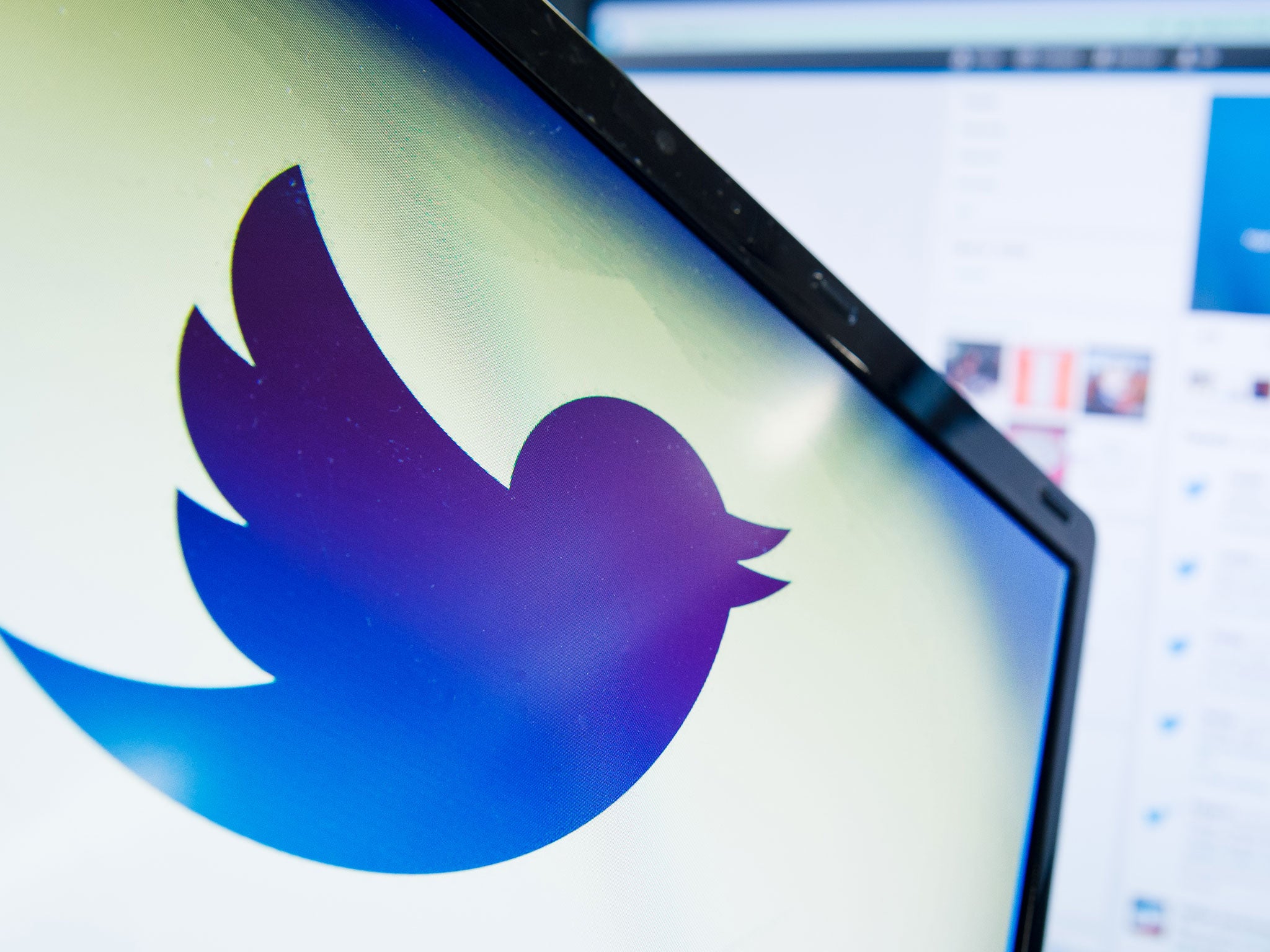Twitter pays just £5,000 to tackle images of child abuse online - and is unhappy about being asked to contribute more
Industry-funded charity Internet Watch Foundation is raising the fees paid by members, but have met resistance from the social media giant

Your support helps us to tell the story
From reproductive rights to climate change to Big Tech, The Independent is on the ground when the story is developing. Whether it's investigating the financials of Elon Musk's pro-Trump PAC or producing our latest documentary, 'The A Word', which shines a light on the American women fighting for reproductive rights, we know how important it is to parse out the facts from the messaging.
At such a critical moment in US history, we need reporters on the ground. Your donation allows us to keep sending journalists to speak to both sides of the story.
The Independent is trusted by Americans across the entire political spectrum. And unlike many other quality news outlets, we choose not to lock Americans out of our reporting and analysis with paywalls. We believe quality journalism should be available to everyone, paid for by those who can afford it.
Your support makes all the difference.As Twitter prepares for an estimated $1.1 billion flotation on the stock market, the company is dragging its feet over raising its contribution to combatting online child abuse and pornography – from just £5,000.
The company is a member of the Internet Watch Foundation (IWF), an organisation backed by Prime Minister David Cameron to work in collaboration with internet service providers to clear up the murky and chaotic world of online abuse.
And while some other tech companies have pledged up to £1 million in support to the industry-funded charity, Twitter insists it shouldn’t have to pay any more than the tiny sum it already does because it isn’t turning a profit.
Twitter’s gigantic value – estimated at somewhere between £7 billion and £13 billion – is based mainly on its potential for future revenues in the mobile market, not on how much it makes at the moment. It recently had to reveal details of its finances ahead of the public offering, which showed it had lost $69.3m (£43m) in the first half of 2013.
The IWF writes in its Funding Model Policy that “members are expected to increase their membership subscription as their businesses develop” – and with growing advertising revenues upwards of $300 million from 2011 to 2012, there is no question Twitter is doing just that.
John Carr, a government adviser on online child safety, told the Sunday Times: “I am absolutely astonished Twitter is paying only £5,000 to the IWF. My industry sources tell me not only did Twitter grumble about the paltry fees the IWF charge but they are also moaning about the new fee structure that is being discussed.”
That new structure would see the contributions from larger web firms like Twitter go up to a standard rate of £75,000, and the Sunday Times reported that the company has asked the IWF to explain how it came up with that figure.
Twitter also argued that if the fees are based on number of users, Facebook – also listed within the £5,000+ membership bracket – should be contributing nearer to £400,000, according to the paper.
The IWF's team of experts tracks down illegal images of child pornography and abuse posted online, and then informs whichever provider controls the platform where they are found, and wants to increase its staff to 16 to tackle a growing workload.
The charity is set to report to the Culture Secretary Maria Miller on Tuesday, and with Mr Cameron warning recently that it is the “moral duty” of internet giants to do their part in combating images of child pornography and abuse, it is unlikely that the Government will back down on the matter.
Join our commenting forum
Join thought-provoking conversations, follow other Independent readers and see their replies
Comments